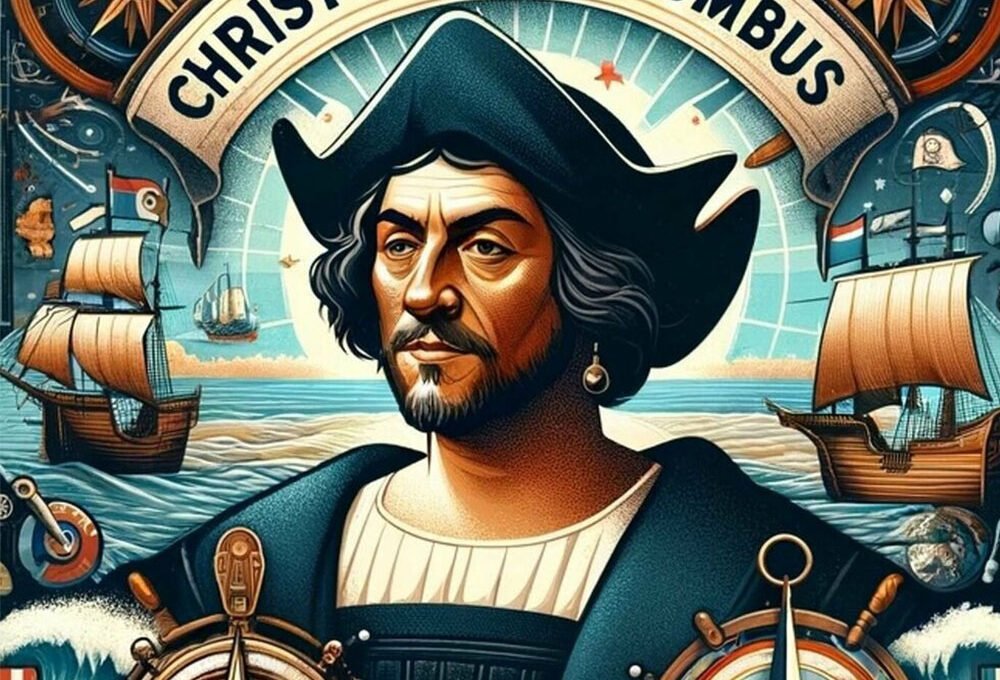Filipa Moniz Perestrelo, a lesser-known figure in history, was vital to Christopher Columbus. Filipa was Columbus’ wife and mother of his first son, born into Portuguese nobility. Her family and her brief but meaningful association with a famous character shape her legacy.
1. Early Life and Family Background
In 1455, Filipa Moniz Perestrelo was born on Porto Santo Island in Portugal’s Madeira archipelago. Portuguese aristocrat and Porto Santo’s first governor Bartolomeu Perestrelo was her father. Her mother, Isabel Moniz, was Portuguese nobility. Filipa was exposed to exploration and adventure as a privileged child, a motif that would influence her later life.
2. Marriage to Christopher Columbus
In 1479, Filipa Moniz Perestrelo married Christopher Columbus, the Italian explorer who would later become famous for his voyages to the Americas. The marriage took place on the island of Porto Santo, where Filipa’s family was well-established. At the time, Columbus was seeking support for his proposed journey westward, and his union with Filipa was likely a strategic move to strengthen his ties with the Portuguese court.
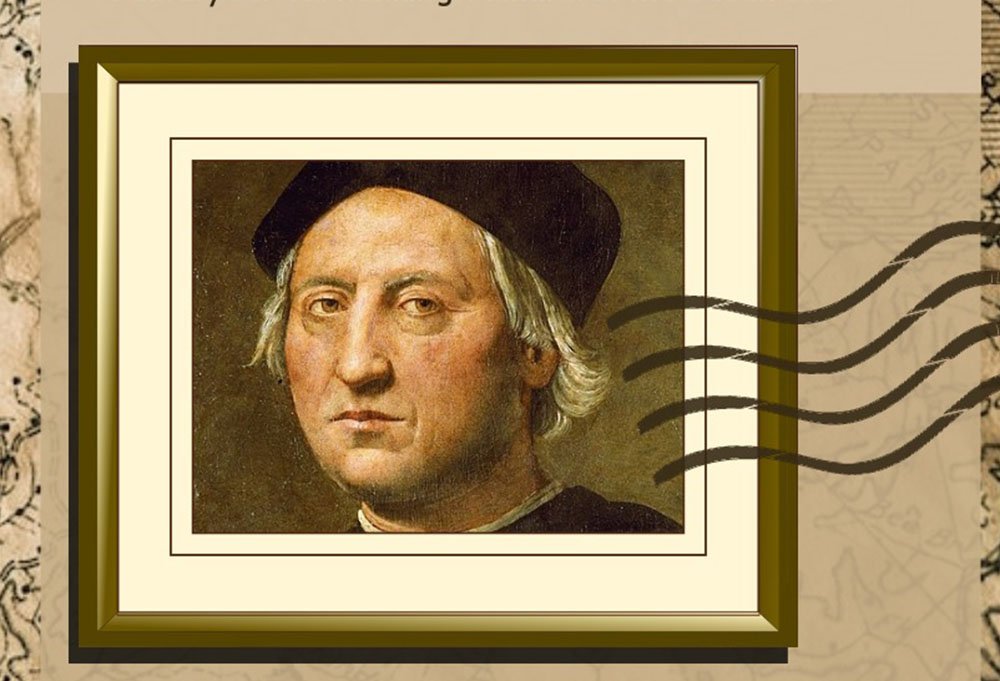
3. Filipa’s Role in Columbus’s Life
Though historical records do not provide extensive details about their marriage, it is believed that Filipa’s family connections played a role in Columbus’s ability to secure patronage for his voyages. Filipa’s father, Bartolomeu Perestrelo, had been a navigator and explorer in his own right, and his influence may have been beneficial to Columbus’s ambitions.
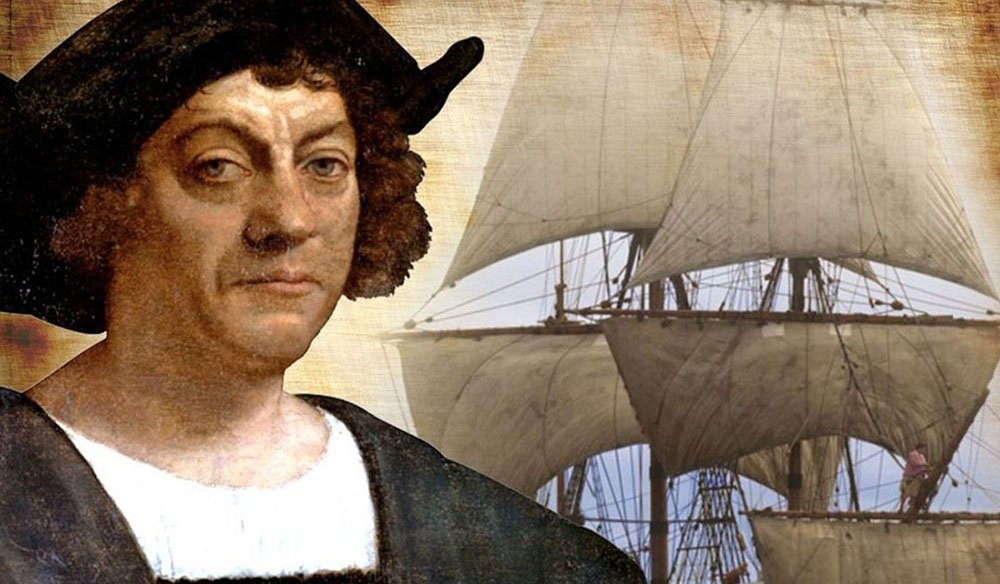
4. The Birth of Diego Columbus
Filipa Moniz Perestrelo and Christopher Columbus had a son named Diego Columbus. Diego was born about 1480 and helped his father’s legacy. He was instrumental in governing Columbus’ New World lands.
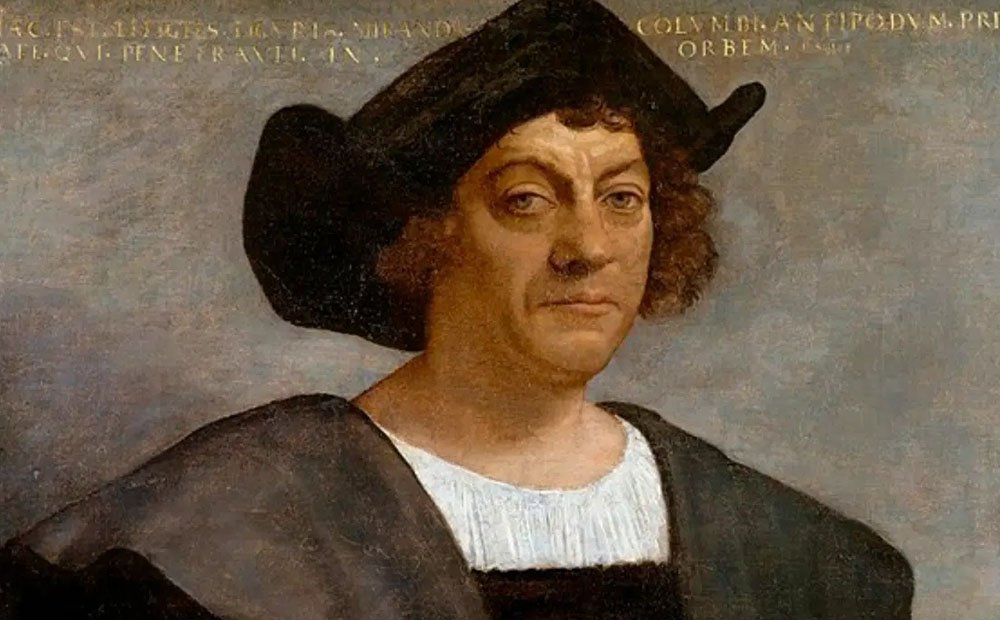
5. The Mysterious Fate of Filipa Moniz Perestrelo
The details surrounding Filipa’s death remain unclear, with scholars unable to pinpoint the exact year or circumstances of her passing. Most historical accounts suggest that she died sometime between 1480 and 1484, though some sources suggest that she may have passed away earlier. Her death left Columbus to raise their son, Diego, and would ultimately have an impact on his later decisions and relationships.
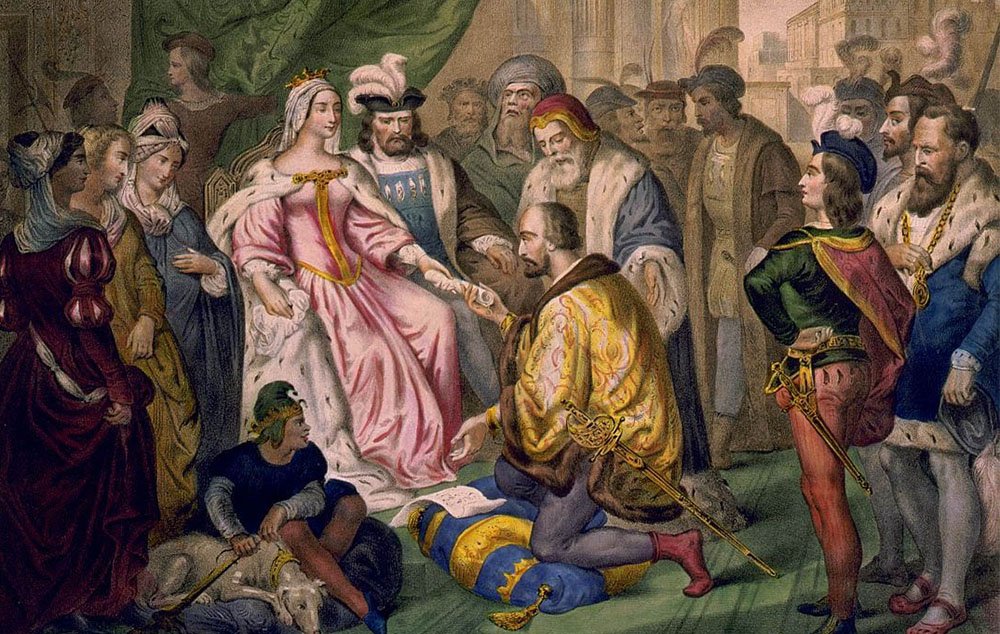
6. Filipa’s Influence on Columbus’s Journey
While Filipa Moniz Perestrelo did not accompany Columbus on his famous voyages, it is believed that she influenced his decisions. As a noblewoman from a family with ties to the Portuguese monarchy, Filipa likely helped Columbus navigate the political and social intricacies of his time. Her background and connections may have facilitated Columbus’s interactions with key figures in both Portugal and Spain.
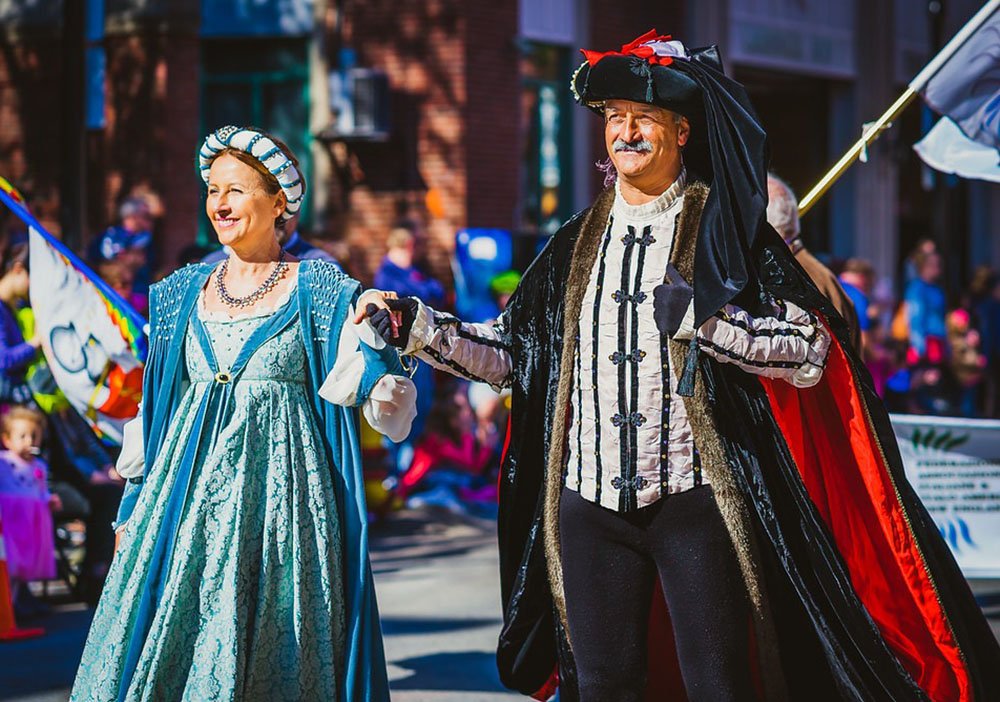
7. Filipa’s Connection to Porto Santo
Filipa’s roots on Porto Santo Island are significant in the context of Columbus’s own journey. Columbus spent time on the island before his marriage to Filipa and would have been familiar with its importance as a key port in the Atlantic. The island’s strategic location may have influenced Columbus’s desire to venture westward, searching for new trade routes.
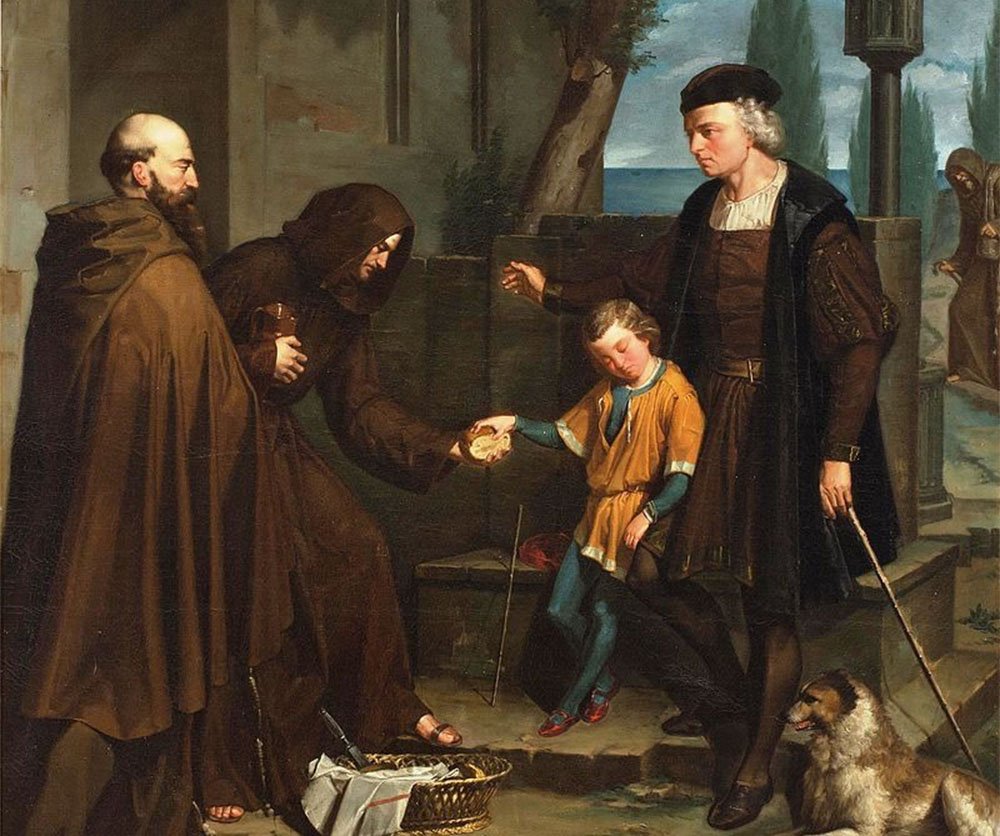
8. Filipa Moniz Perestrelo’s Noble Heritage
Filipa’s noble heritage was a defining aspect of her life. As a member of the Perestrelo family, who were involved in exploration and governance, Filipa was part of an elite class. This connection to nobility not only shaped her social status but also impacted Columbus’s relationship with the Portuguese court.
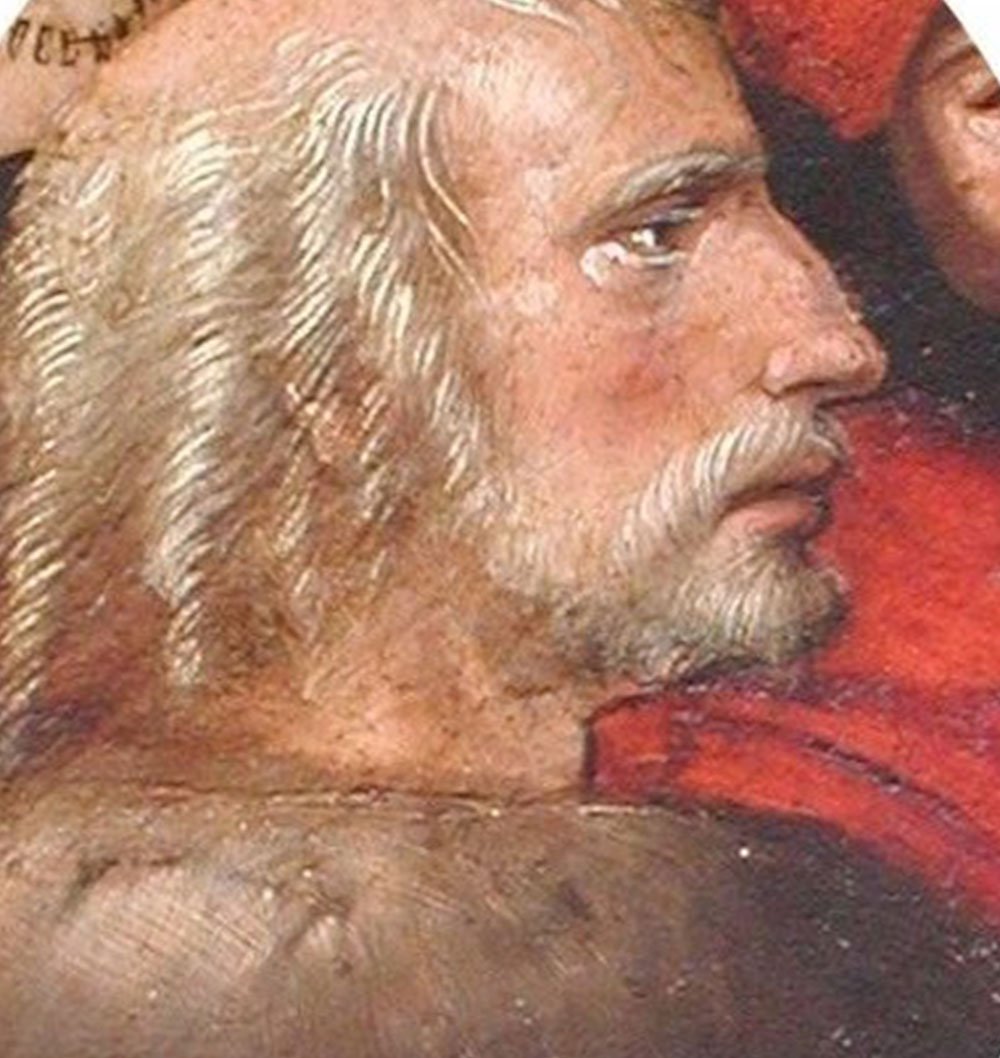
9. The Legacy of Filipa Moniz Perestrelo
Although her life was relatively short, Filipa Moniz Perestrelo’s legacy endures through her son, Diego Columbus, and her connection to Christopher Columbus. Diego would go on to serve as the governor of Hispaniola and would play a role in the administration of the New World territories. Filipa’s noble lineage also contributed to the continued prominence of her family in the context of the Age of Discovery.
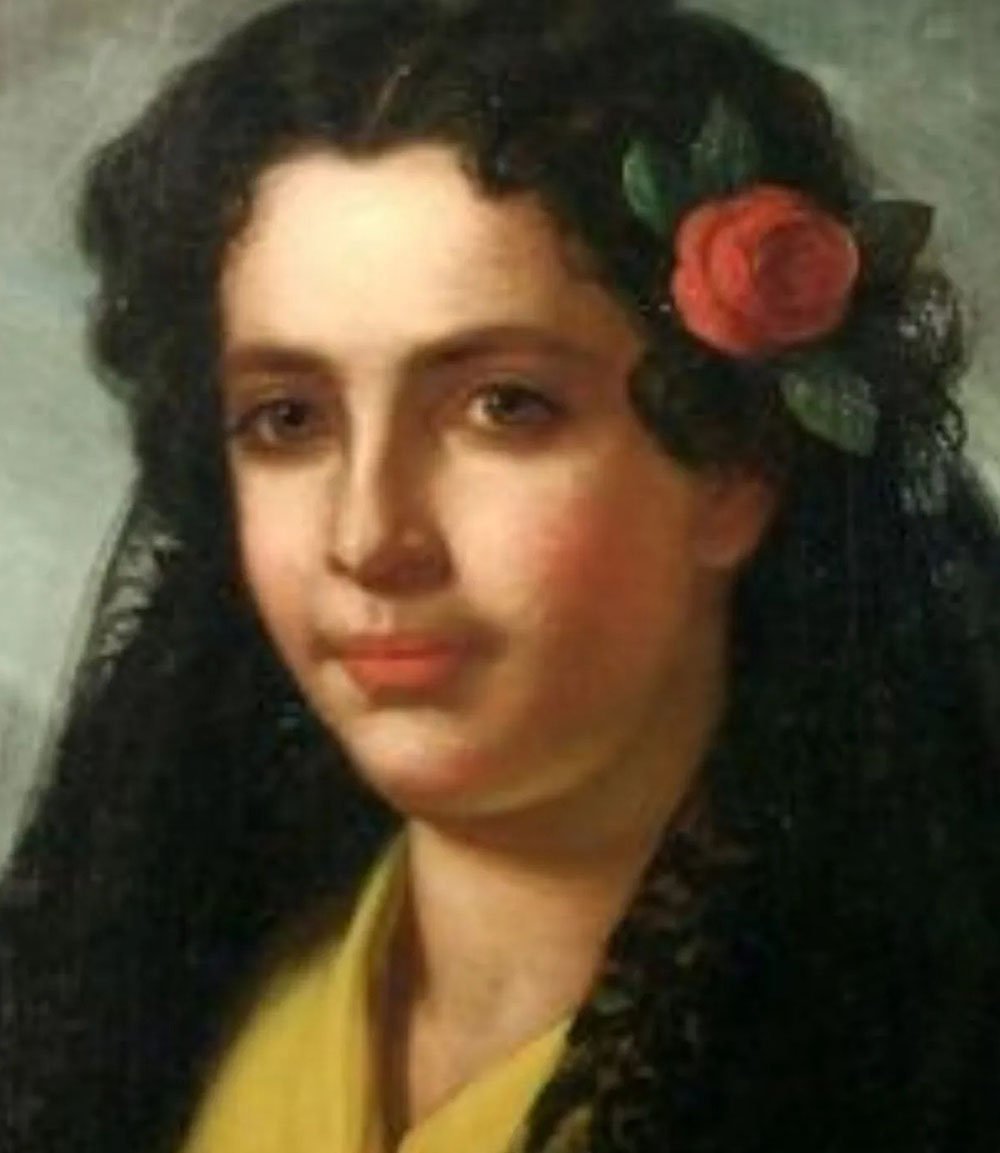
10. Filipa and the Columbus Family
Filipa’s relationship with Columbus was one of great importance, both personally and politically. While Columbus went on to marry again after Filipa’s death, their son, Diego, remained a significant figure in Columbus’s life and in the historical narrative of the family. Diego would serve as a link between the old world of Portugal and the new world of the Americas.
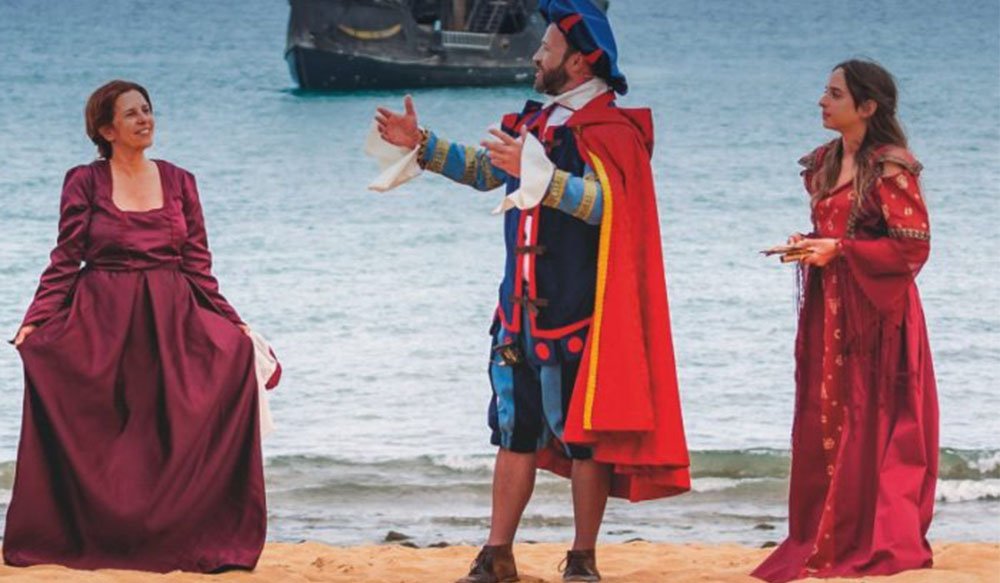
11. Filipa Moniz Perestrelo’s Historical Significance
Filipa Moniz Perestrelo holds a place of historical significance not just as the wife of Columbus but as a representative of the noble class of Portugal during the Age of Exploration. Her marriage to Columbus helped to solidify the explorer’s status and position, and her legacy continues to be studied by historians seeking to understand the personal and political dynamics that shaped Columbus’s journey.
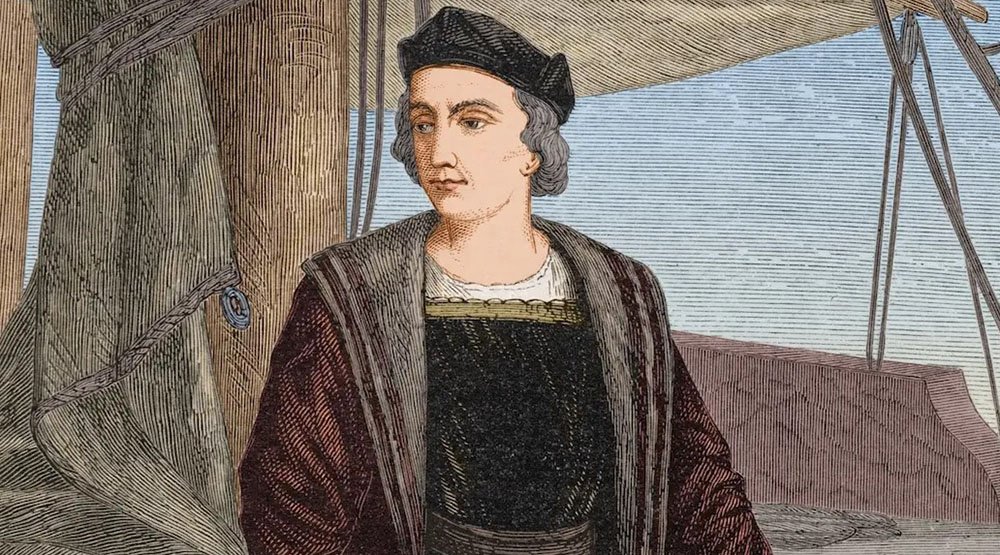
12. Conclusion: A Noblewoman’s Quiet Legacy
Though Filipa Moniz Perestrelo’s life was relatively brief, her impact on history can be seen in the legacy of her son, her connections to the Portuguese nobility, and her role in the life of one of history’s greatest explorers. Filipa remains an important figure in the story of Christopher Columbus, and her noble heritage and marriage to the explorer serve as crucial elements in understanding the early life of Columbus and his eventual voyages that changed the world.
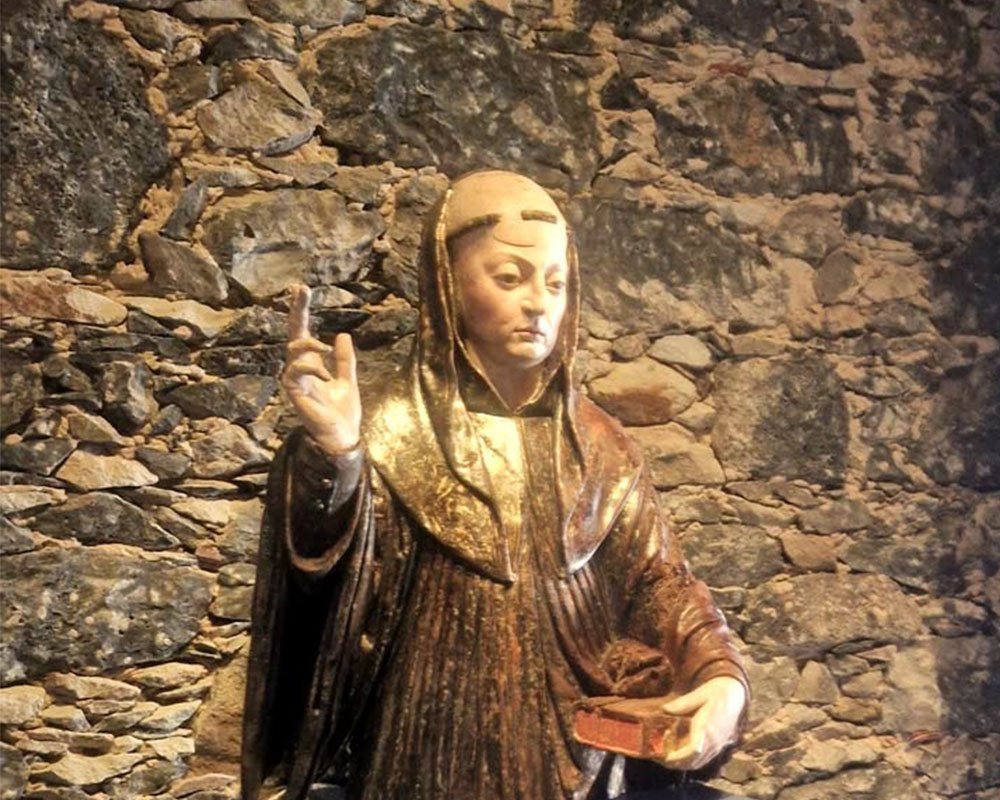
FAQ
Who was Filipa Moniz Perestrelo?
Filipa Moniz Perestrelo was a Portuguese noblewoman, born in 1455 on Porto Santo Island, Madeira. She is best known as the first wife of Christopher Columbus.
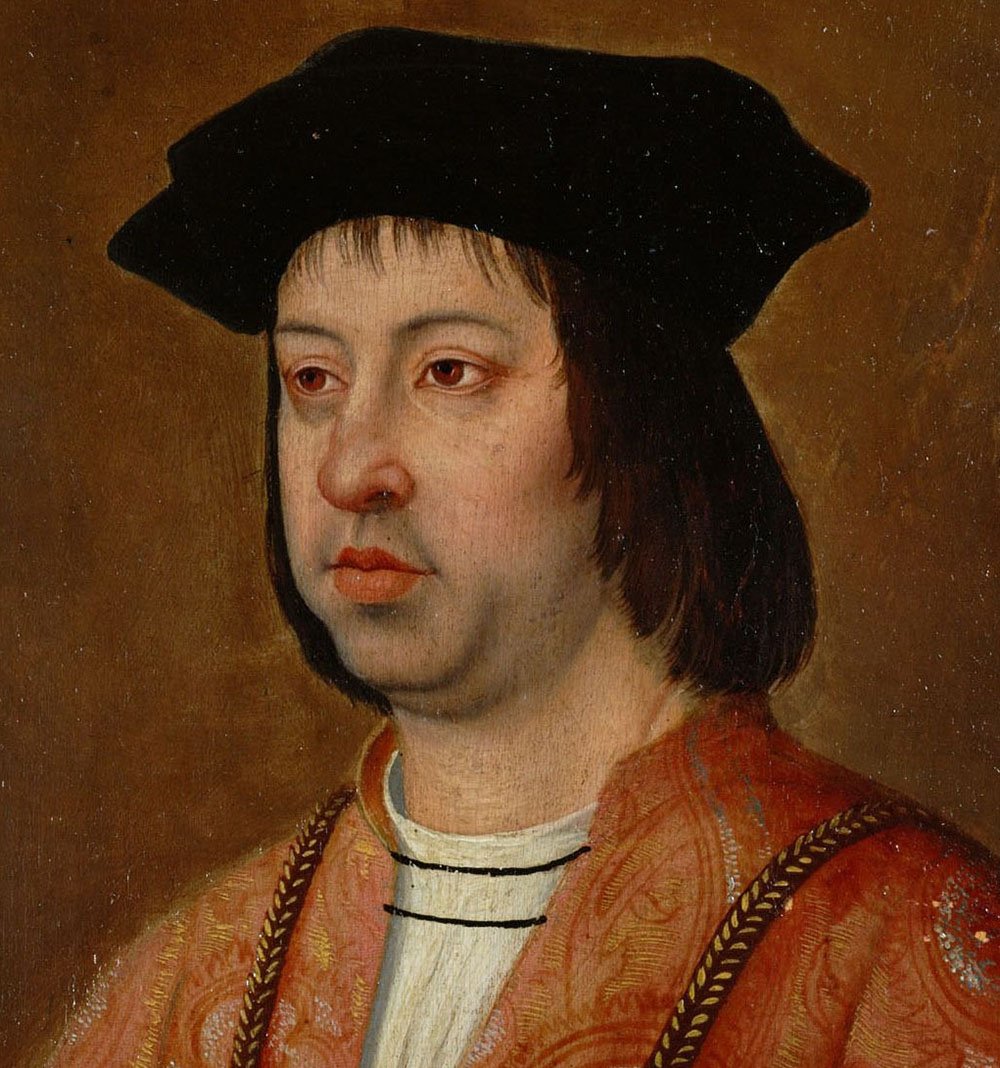
When did Filipa Moniz Perestrelo marry Columbus?
Filipa married Christopher Columbus in 1479 on Porto Santo Island, Portugal. They had one son, Diego Columbus.
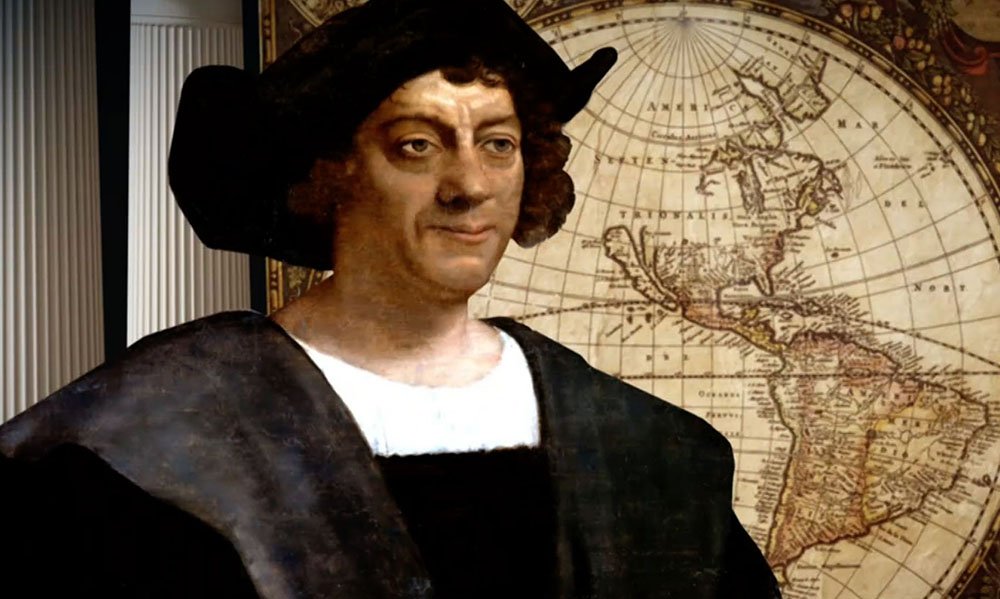
What is known about Filipa’s death?
The exact date of Filipa’s death remains unclear. It is believed she passed away sometime between 1480 and 1484, although some sources suggest it could have been earlier.
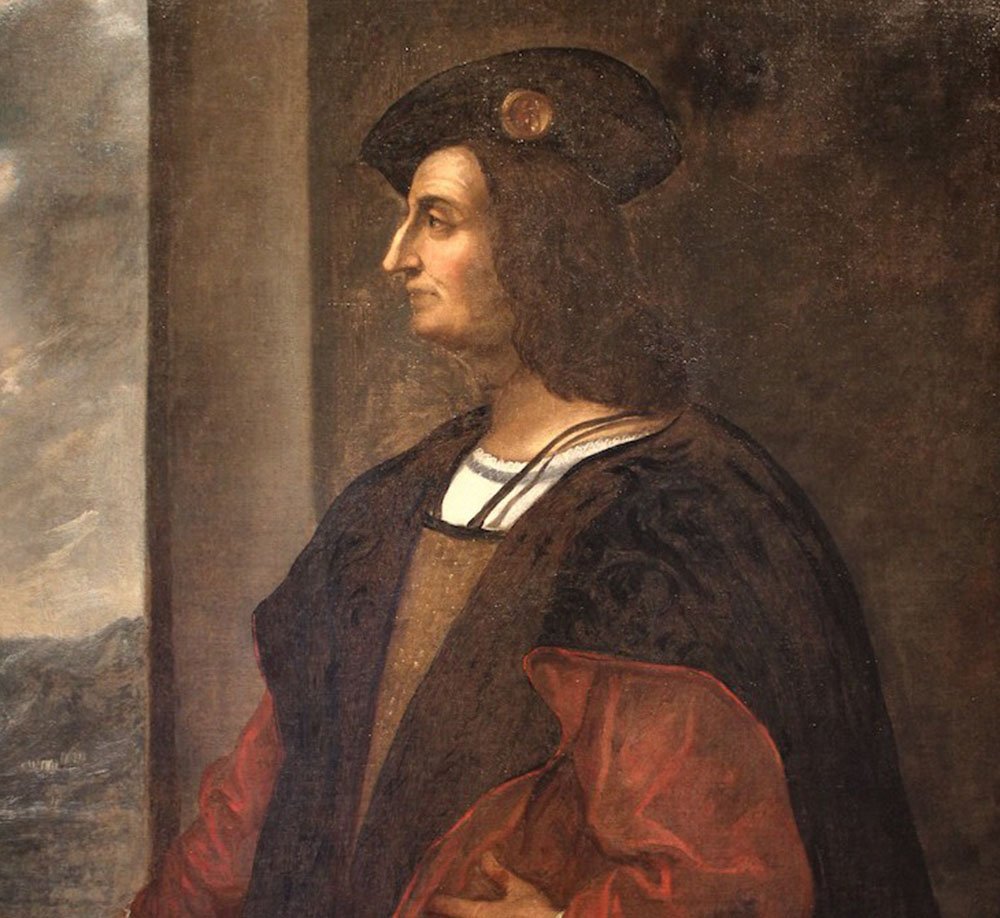
How did Filipa contribute to Columbus’s journey?
Filipa’s family connections likely helped Columbus navigate political and social networks in Portugal, aiding his quest for support in his expeditions.
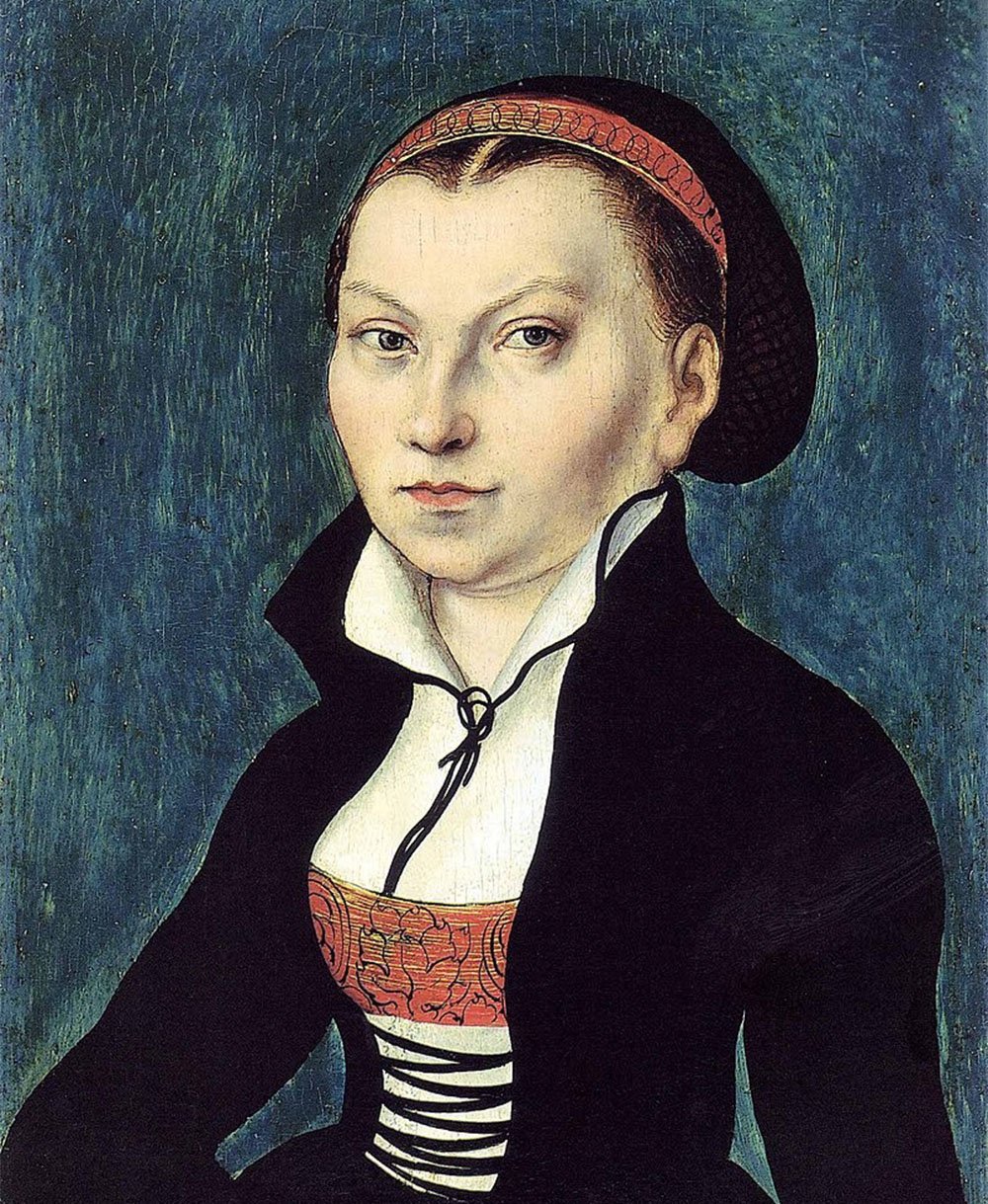
Did Filipa have any children?
Yes, Filipa Moniz Perestrelo and Christopher Columbus had one son, Diego Columbus, who later played a significant role in the administration of the territories Columbus claimed.
